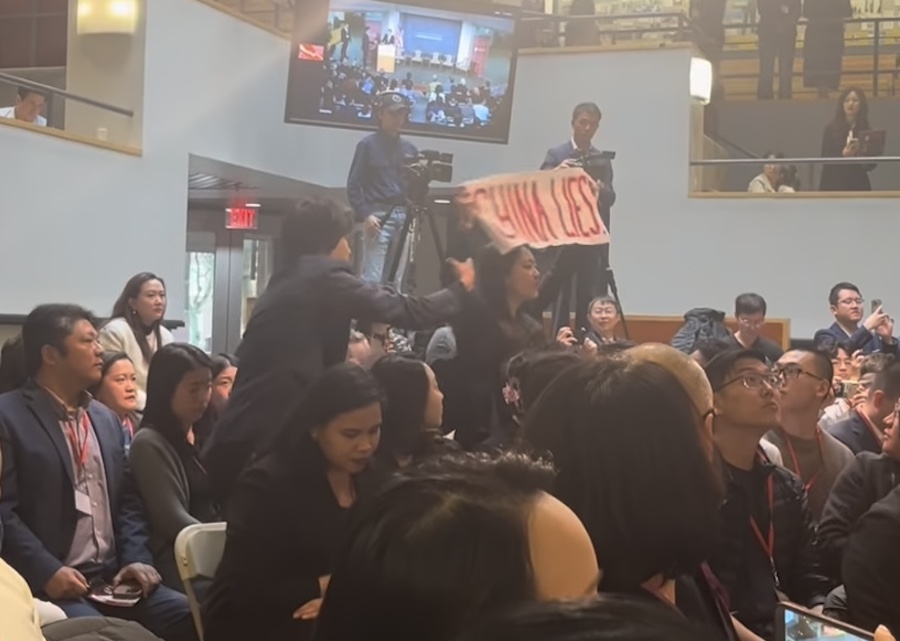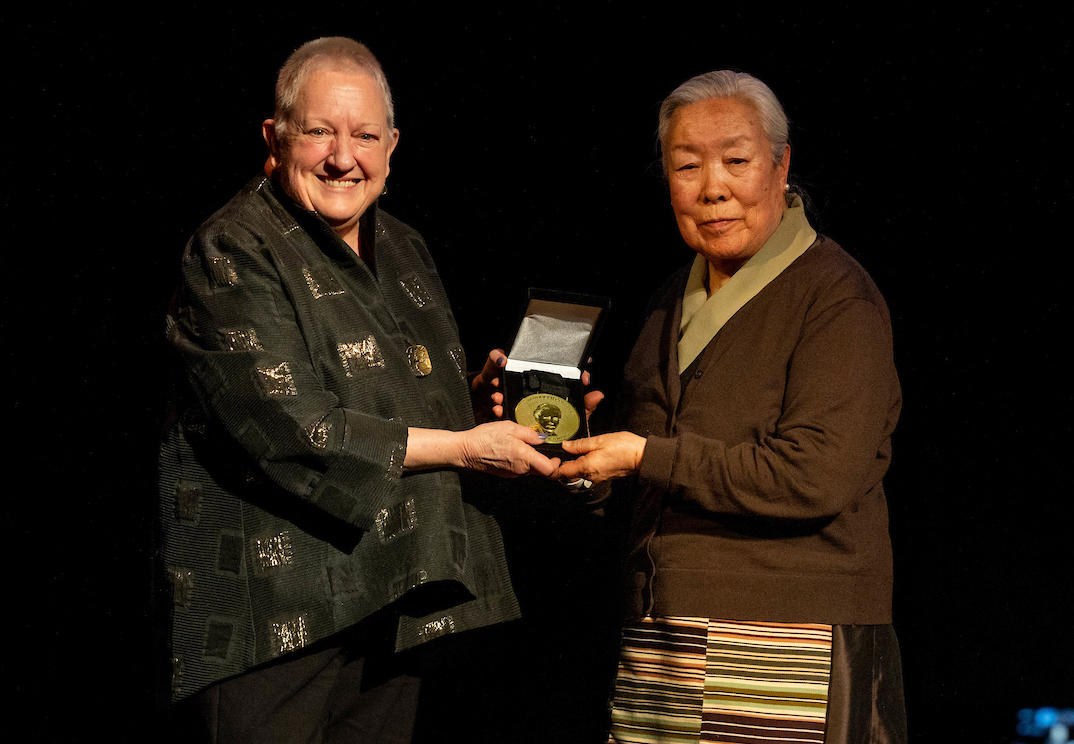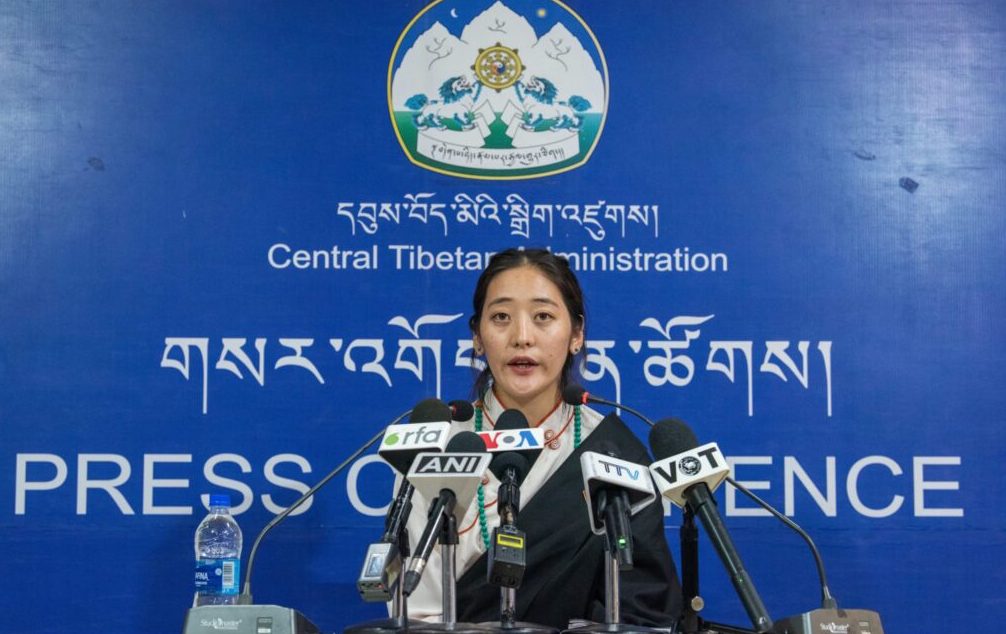Dharamshala, Februry 12 – The annual report of the Tibetan Centre for Human Rights and Democracy says Chinese atrocities in the occupied Tibet continued in 2002 when an activist, Lobsang Dhondup, was hanged.
Tsewang Lhadou, executive director of the TCHRD, said the Chinese with a view to present a better picture arranged two visits by foreign correspondents, hosted a Tibetan delegation in exile and released six prominent political prisoners last year till August.
But before the year ended, the Chinese passed death sentence on two activists, Trulku Tenzin Delek and Lobsang Dhondup, Lhadou said. She said while Dhondup was hanged on January 26, 2003, Delek was given a two-year reprieve.
“When we, as human rights watchdogs, look at the situation on the ground, a lot of things appear blatantly contradictory to the impression they seem to be giving. This year particularly, we noticed religious institutions and leaders have been targeted. Tenzin Delek who is on death roll with suspension of two years and then the execution of Lobsang Dhondup,” Lhadou told ANI on Monday.
The two were sentenced to death on charges of carrying out a bomb blast in Chengdu city on April 3, 2002. Lhadou said it was not a fair trial.
She said that in another instance, Lobsang Dhargyal, a Tibetan monk, was tortured to death in prison on November 19, 2002.
The number of Tibetan political leaders who died in jails since 1987 have risen to 81 and 208 political prisoners are still languishing in various detention centres in Tibet, according to her.
The Tibetans want the United Nations to appoint a special team to investigate alleged human rights violations in Tibet, where the last of a series of anti-Chinese revolts was crushed by Beijing’s army in 1959.
Thousands of Tibetans, including their spiritual leader Dalai Lama, fled their homeland after an unsuccessful attempt to stall Chinese occupation of Tibet in 1950.
Lhadou said China considered the Dalai Lama a separatist and jailed anyone who met him. “For Tibetans, His Holiness (The Dalai Lama) is a symbol of their religion, culture and nationality. Regarding his Holiness as a separatist is the most difficult thing for Tibetan people to believe, that His Holiness is a separatist,” she added.
About 130,000 Tibetan refugees are now settled in different parts of India with the Dalai Lama establishing his headquarters in the northern Indian town of Dharamsala.









